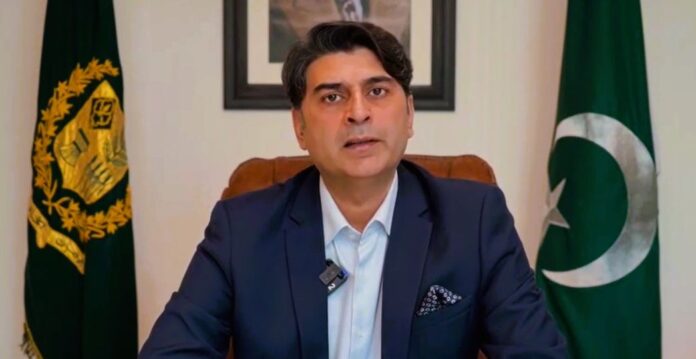- Advertisement -
ISLAMABAD, Feb 22 (APP):The government has started Hepatitis C control pilot program in two districts of Gilgit-Baltistan under the Prime Minister’s National Program for the Elimination of Hepatitis C infection in Pakistan.
According to spokesperson of the Ministry of Health, under the program, people are being provided free access to screening and treatment facilities.
Coordinator to Prime Minister on Health, Dr. Mukhtar Bharath said that with the support of Aga Khan Development Network, a pilot phase has been started at two locations in Gilgit-Baltistan, MC Chalas Diamer and UC Markunja Shagar.
Dr. Mukhtar Bharath said that after learning from this pilot program, the main program will be started this year in Islamabad, Gilgit-Baltistan and all districts of Azad Jammu and Kashmir and all other provinces.
He said that Hepatitis C is a major public health disease in Pakistan. He added Pakistan now ranks first in the world with the highest prevalence of hepatitis.
Dr. Mukhtar Bharath said that the prevalence of Hepatitis-C is increasing continuously in Pakistan.
He said that the program of Rs 68 billion has been started with the cooperation of the federation and the four provinces.
He said that the Ministry of Health has formulated an integrated strategy to ensure the eradication of hepatitis.
Dr. Mukhtar Bharath said that the aim of this program is to prevent the widespread spread of hepatitis C in Pakistan.
He said that early detection and treatment of patients through screening and testing is essential to eradicate the disease.
He said millions of Pakistanis remain unaware of their infection status due to lack of timely awareness screening.
Dr. Mukhtar Bharath said that the program will educate communities, community workers and health care providers about disease prevention.
He said that Hepatitis C can be cured with only three months of treatment.
He added timely detection of hepatitis C infected patients in screening is a major challenge. Liver failure and liver cancer can be avoided with timely treatment, he added.
He said that the support of civil society, professional groups, and media is very important for the success of this national goal.
He said that provision of information to the public and provision of equipment to health care providers will also be ensured.

